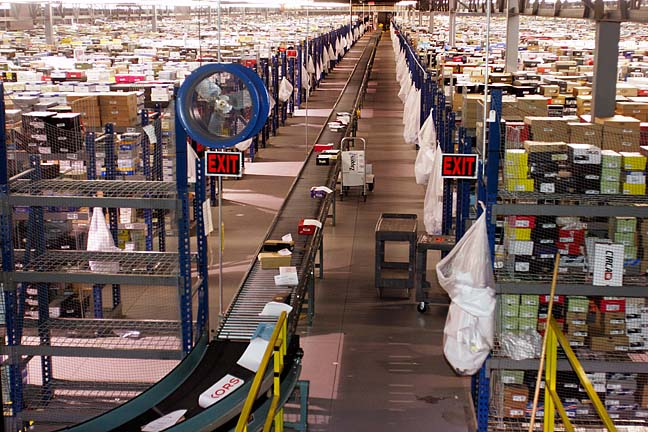
At the Los Angeles Review of Books, political theorist Jodi Dean argues that we are living in an era of “neofeudalism,” in which capitalism has morphed into a set of highly exploitative social and economic relations that resemble the Middle Ages. Part of this change includes high concentrations of wealth coupled with widespread poverty, and a shift from commodity production to rent as a main source of profit. Check out an excerpt from the piece below.
Over the past decade, “neofeudalism” has emerged to name tendencies associated with extreme inequality, generalized precarity, monopoly power, and changes at the level of the state. Drawing from libertarian economist Tyler Cowen’s emphasis on the permanence of extreme inequality in the global, automated economy, the conservative geographer Joel Kotkin envisions the US future as mass serfdom. A property-less underclass will survive by servicing the needs of high earners as personal assistants, trainers, child-minders, cooks, cleaners, et cetera. The only way to avoid this neofeudal nightmare is by subsidizing and deregulating the high-employment industries that make the American lifestyle of suburban home ownership and the open road possible — construction and real estate; oil, gas, and automobiles; and corporate agribusiness. Unlike the specter of serfdom haunting Friedrich Hayek’s attack on socialism, Kotkin locates the adversary within capitalism. High tech, finance, and globalization are creating “a new social order that in some ways more closely resembles feudal structure — with its often unassailable barriers to mobility — than the chaotic emergence of industrial capitalism.” In this libertarian/conservative imaginary, feudalism occupies the place of the enemy formerly held by communism. The threat of centralization and the threat to private property are the ideological elements that remain the same.
Image: Zappo’s fulfillment center. By lizzielaroo, CC BY-SA 2.0. Via Wikimedia Commons.